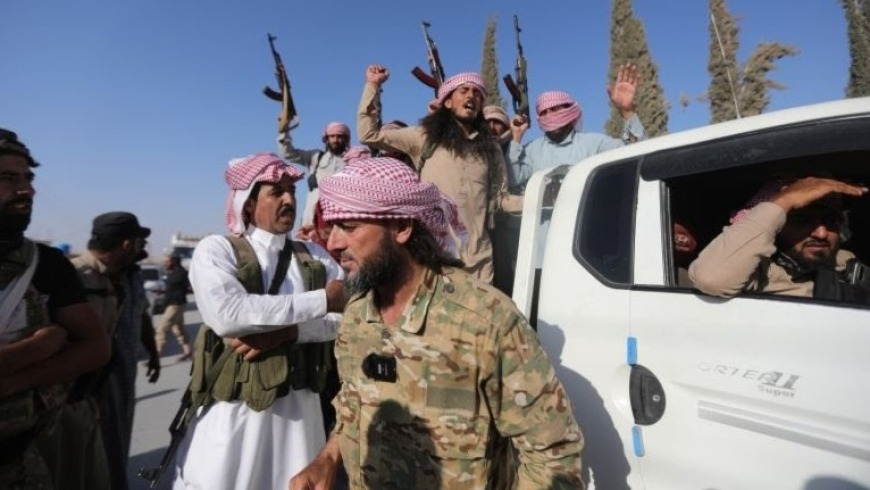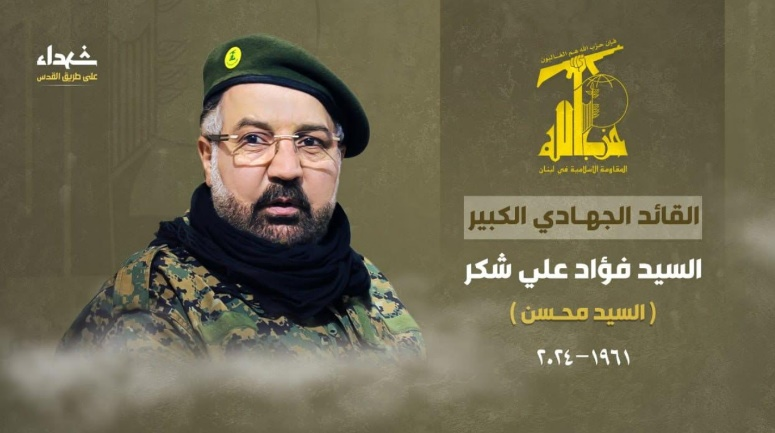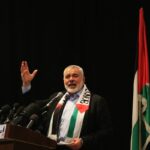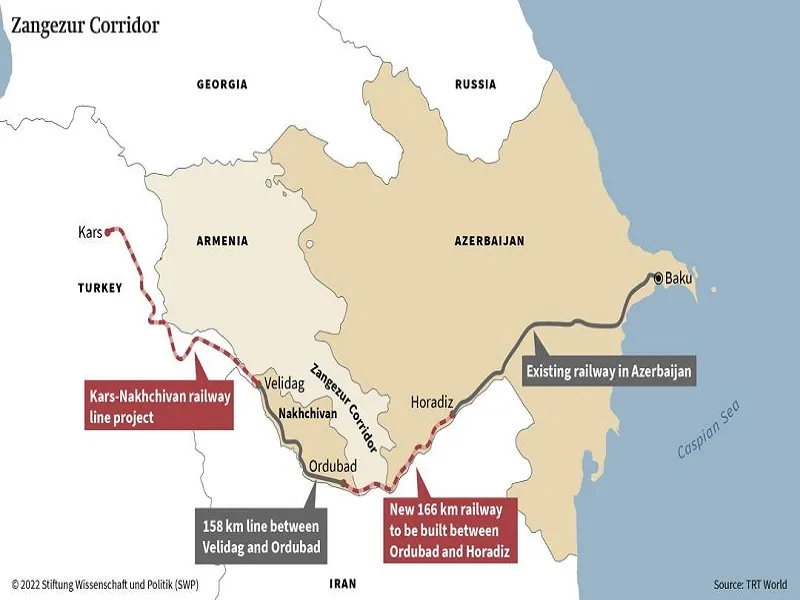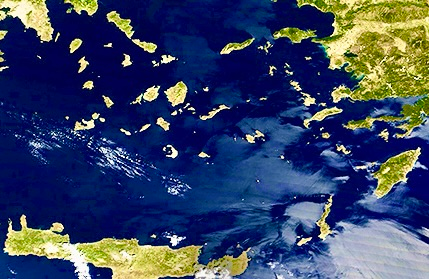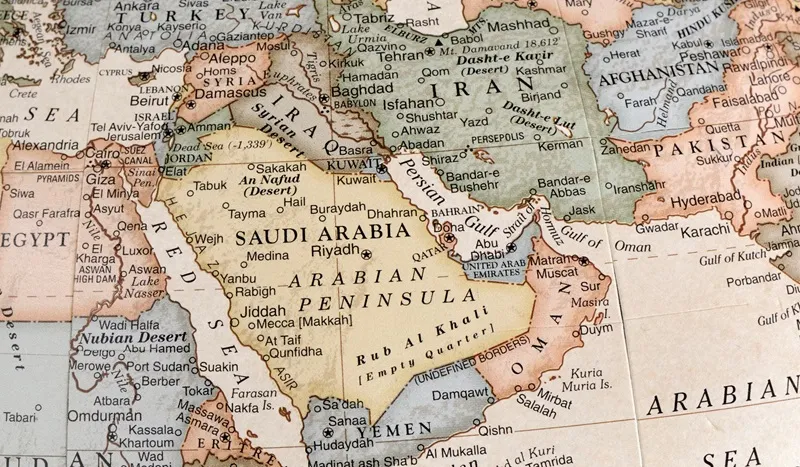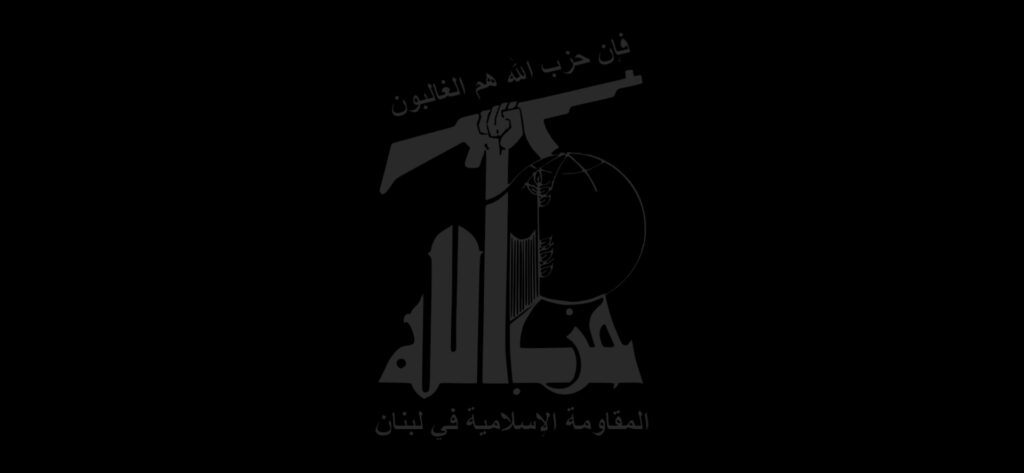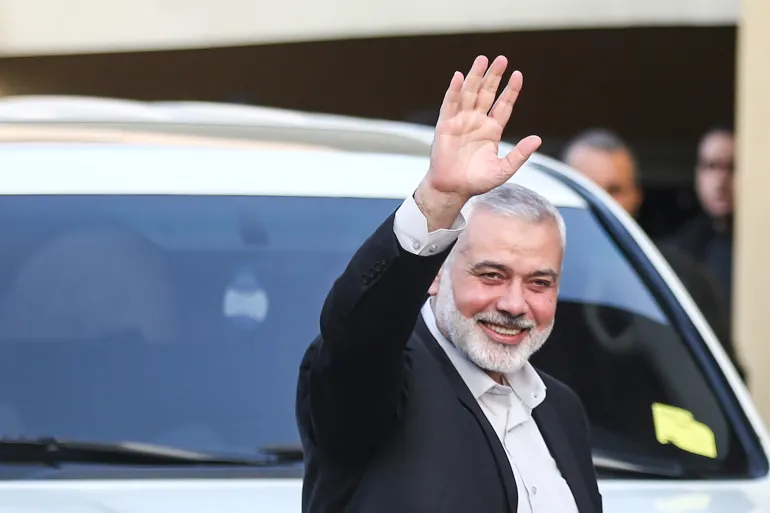Syria Today – Iran Issues Warning on Escalation; Government Forces Clash with SDF
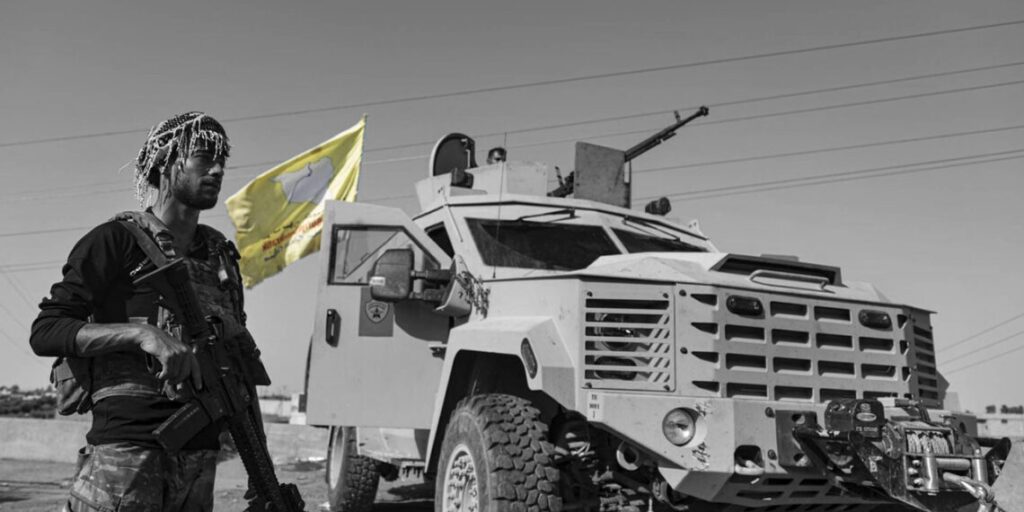
Today’s news round on Syria highlights the ongoing and escalating violence within the region. Syrian officials issued a stern warning to Israel over potential escalations following a deadly strike in Majdal Shams, resulting in the deaths of a dozen children and teenagers. Additionally, a truck bomb in Azaz killed 10 people at a rebel checkpoint, exacerbating the conflict between Kurdish-led SDF and Turkish-backed rebels. In Deir ez-Zor, fierce clashes between Syrian government forces and the SDF resulted in multiple casualties. Meanwhile, the Syrian National Party and tribal leaders in Hasakah reiterated their support for the SDF, denouncing external forces attempting to destabilize the region.

